I’ve attended a couple of in-person exhibitions recently. I’ve avoided this sort of thing because of a few behavioural wrinkles that can emerge if I follow through with it. So, now feels like a good enough time to mention something I’ve been holding on to.
Here’s a little about me that the veneer of my wildlife art won’t tell you. I am an isolated, catastrophizing, irritable, impulsive, obsessive, anxious ball of confusion, complete with a raft of unwanted contradictions. I need a sense of belonging, and the second I’m granted it, I get a headache and want to be alone. I take people completely literally, while enjoying music, film, art and clever turns of phrase. I’ll make spur-of-the-moment decisions which threaten the stability I can’t live without. I know life is a wonderful thing, but on many days I don’t have the enthusiasm for it. Challenges and achievement are like my life-blood, and all of it burns me out.
After close to 40 years, in 2023 I discovered I have autism.
…which I’m sure might be met with an underwhelmed “…so?”, and which I would also understand. Stay with me if that’s not the case and you’ve nowhere better to be for ten minutes.
I was wondering where to compile and express all my thoughts about it, in a digestible format for anyone remotely interested. I’ve seen, done and heard about enough on social media to know it’s exactly the wrong platform to partner such a permanent, personal thing. This isn’t “snackable”, or throwaway, so blog it is, and intended as educational at best.
In an effort to flex a lens that has been trained squarely and misguidedly on things like validation and approval for far too long, I hadn’t intended to mention this post anywhere else; “whoever reads it, reads it”. Also, after a little period of time where I haven’t contributed quite as much to the endless cacophony that is social media, the fact you’re reading this at all suggests I might have made a little difference to you once upon a time. I’m very touched if that’s the case. It’s been a few months now, and I believe the smidge of insight I’ve gained might be worth sharing, and in service to a community I understand a lot more now, I’ve done a little more towards making this visible.
I announced my discovery to a few trusted people before I was really ready to do so. There was no distinctly negative repercussion from this, and the information of course hasn’t been abused in any way, but with knowledge far too scant to divulge, I skipped the crucial stage of truly getting to know things about myself first. It’s easy to presume we’re the experts on ourselves after decades of personal experience, but recalibration is a long process I’ve only just begun, more nuanced than I’d bargained for, and one that cannot be fast-tracked by simply devouring all manner of “autism stuff” in record time, as was my early inclination.
Doing this certainly helps provide insight, but without a period of natural, unforced stabilisation, and the revelations that may be spawned from underwriting past experience and personal context with these new insights, parroting off all I might quickly and eagerly learn to anyone kind enough to listen was fraught with growing pains, and a foreboding sense of the inauthentic.
Learning of one’s neurodiversity is quite a weighty moment – it hit me like a brick, frankly – and the shift that follows can’t be rushed. Reflecting upon my layers of behaviour and mechanism, I waddled through the following few weeks, no longer knowing what was true and authentic for me or what wasn’t, past or present. There’s no easy way to describe its impact, it was quite a trip. Think of the film “The Mask”, starring Jim Carrey. Now reverse much of the plot. Now take away the animation…and Jim Carrey…and the entertaining character arc 😂
Now, if you would, stay open to new ideas about what a “mask” can be…
As easy a conclusion as hindsight has allowed this to be, and as baffling as the verdict initially felt, I did always suspect I was a little “different”:
Social
I’d excuse myself from social activities when I was a boy, minding my own business much of the time, with parents and teachers passing it off as shyness. I’d count things, paint entire pieces of paper a solid, single colour, and make sure I walked an even number of steps wherever I went. Much later in life, I’d daydream about living in the woods, back to the very basics and miles away from anyone else, even though I knew that a social wilderness would be terrible for the health too. Think Ted Kaczynski (minus his savant nature, nor, please, the “Unabomber” part).
Now, I still consistently treat any face-to-face time with a degree of caution. Thankfully, the tremors and sweating have started to fade with age, but the internal battery still depletes quickly. My eye contact is dreadfully inconsistent. Unless you’re one of the small handful of people I’m very comfortable with (and since booze, with the contrasting haze and lucidity it welcomely confers, isn’t always available or appropriate), after a long enough amount of time has elapsed, something strange happens. An imaginary screen starts closing off my vision, blinding me from anyone nearby, and I’m far more drawn to the things around me instead, like a table, or a bottle. I’ll excuse myself early, just to be alone, and a social pressure valve is released silently.
If, for some rare reason, I can’t escape or excuse myself, I start “stimming”. Rubbing my arms, rubbing my scalp, clearing my throat, pacing, all in the name of soothing the “noise”. It’s a tricky job tamping down the tell-tale signs of autism when they rear their head. The stimming is rare, and I feel like such an oddball when I do it. However, for decades, I’ve unwittingly docked in safe harbours and structured my life in a way that such stress, and potential “meltdown” in extreme cases, is managed, mitigated or avoided (“no” has come up a lot).
One such meltdown occurred on a weekend away with friends. In short, I’d had a slightly unusual and stressful year, and the trip itself came with one or two irregularities I wasn’t ready for. All it took to nudge me into this unexpected state was a little sustained background noise in a restaurant. It wasn’t even loud, by most standards! While a perfectly balanced and colourful conversation was happening at my table, it felt like my head was on fire. At the next venue, I walked away from the group unannounced, crumpled in a heap on some nearby stairs and bawled my eyes out. I didn’t understand why at the time, so who knows what my poor pals were thinking. I’d put so much energy into self-presentation for two days that I simply boiled over.
Socialising does become easier the more I involve myself, and of course the best bits are very enjoyable, but it all hinges on my better ability to assimilate, blend in and understand the associated and universal balance and rhythms through regular practice, which add to the “mask”. I have a permanent fear of exclusion through having been misunderstood, or having made an unwitting faux pas from which I won’t be allowed to recover. As we go, I’m a composite, agile reflection of all the people whose qualities I’ve ever admired, moulding myself into a slightly different person for almost everyone I know, curating my little set of concurrent social fictions to increase likelihood of acceptance, and I pray of these fictions, ne’er the twain shall meet. Again, all part of the social mask, as I fight the thought of being a forgettable, expendable deadweight to every group.
Knock, knock, Alex! Is the “real” you in there somewhere?
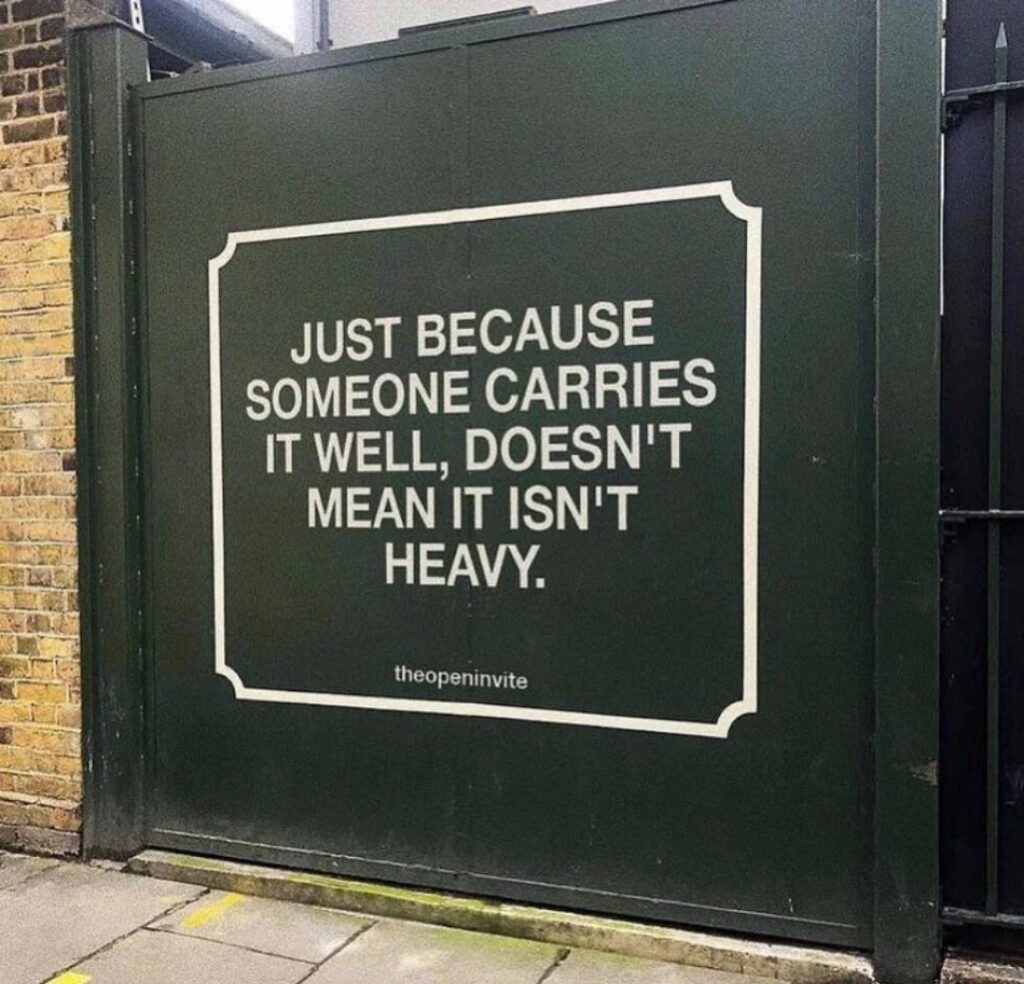
In such a frothy, aimless pursuit of external respect and validation, I didn’t pay much regard to self respect and validity – with that, I might not latch onto my truest friends so intensely, or deal with rejections so sensitively.
Through more practice, my battery still drains all the way down as it would without it. I just become slightly better at conserving or hiding this, to better keep up appearances. Having begun identifying the difference between the mask and my true self, so too have I learned to separate ever greater value in quality time with people from the limits of energy I can make available for it.
Anxiety, depression, catastrophisation, fixation, impulsivity, fanaticism
These have been permanent motors idling passively in the background for around 20 years now. They are among the very worst bits, most evident when major world problems arise (apparently a common neurodiverse trait), and they’ve been slowly surfacing since COVID.
- My dad’s age, illness and presumed vulnerability rendered me an absolutist on face masks and distancing during the pandemic, as I needed to take care of him most days. He signed a “DNR” (do not resuccitate) many years ago because of his condition, meaning CPR would be out of the question if he stopped breathing. I didn’t understand stories of so many people dismissing clear rules given by authorities who had the counsel of leading epidemiologists. Most friends would go back out into the world when they were allowed to do so, and I would continue to be extremely cautious. The isolation and anxiety was curiously worse after this point than it had even been since the outbreak.
- I gave all of March and April of 2022 to the Russia-Ukraine war, checking what I was so gullible to treat as “news” literally every 15 minutes, as if anything could change so quickly, and as if my knowing would make a difference. I auctioned off a painting and made personal donations to help the afflicted, but I still felt powerless. I made a plan to prepare for the very worst (the details of such a plan I don’t want to describe), however futile and baffling that might have seemed to others. More intense anxiety and catastrophic thoughts still.
- The climate crisis has been eating away at me every day for years. In the summer of 2022, I temporarily made a vow to eat insects for protein, and not meat or fish again, as the carbon costs of these were simply too great. On cool November days when everyone seemed to have forgotten about the July and August heat, I was replaying the horror of it, what it had done to crops, livestock and wildlife, and how we all struggled to cope as tarmac melted, rooves started falling in, and available water dwindled. By now I was a pot of boiling human stock, and extreme behaviours abound.
I’d once fancied myself a paragon of sense, sensibility and reason, but once control is out of my hands, the wheels apparently start falling off. And you know what day to day routine pairs brilliantly with this mindset? Freelance artist! With only a handful of poor people to bounce off, I’d keep most dark thoughts to myself, each one therefore several orders of magnitude greater to deal with. I suppose so far nothing in reality is quite as disastrous as I will allow myself to believe, but, untouched by “bread and circuses”, I have a very, very hard time convincing myself of that.
I waste hours and hours of my time on destructive coping mechanisms to try and circumvent “bad outcomes”, or inoculate myself against them, yet all the tension I’m actively trying to avoid is still locked in my body like a snare drum. I anticipate difficult conversations through “scripting” – preparing possible ways of expressing possible things thoughtfully, responsibly and ahead of time, in a ponderous collection of notes. True story. For years, at some meet-ups where I know I’d struggle, I even kept a list of conversation topics which I could remind myself about when I went to the bathroom! I also make notes on everything that might be potentially useful in future. I fixate on times where I’ve made a single faux pas, or been misunderstood, or said something that was taken the wrong way, repeating the moment in my mind regularly, for weeks, months or even years.
(By the way, welcome to the 146th iteration of this blog post, at the time of editing. All obsessive refining and fiddling – to what end I don’t know, perhaps ensuring I’m not misunderstood – done within the first 30 hours of having publicised.)
As you can tell, I have very few tools to help “style it out”, a singularly unsung but highly desirable string to one’s bow, especially in a work setting, where reward isn’t always offered for hard work or expertise as directly as implied, but perhaps more likely in equal acknowledgement of that, and of affability, purpose and indeed style.
If I’m in the car by myself, I’ll repeat a sentence I enjoyed hearing or reading, maybe up to 30 or 40 times. I fixate on language, turns of phrase, and ways of expressing ideas. The root of this is envy, and fear of looking stupid. I wish I could express myself with ease! However erudite I’m trying to make sure I seem here, it’s all carefully planned, and a bit of a lie. Meet “real time” Alex, and you’ll find out!
Rules
I have an unhealthy relationship and extreme devotion and compliance to rules and routine, of whatever origin (see: pandemic, above), which goes hand-in-hand with an acerbic view on injustice. Lacking a “handbook” for almost everything, I can thrive on rules, but depend on and also be anchored to them, prone to “black and white” thinking, and I cope very poorly when they change.
One key discovery is that my values were never really set by me, but, to borrow from Transactional Analysis, by the “Parent” (messages passed down by parents, teachers, figures of authority, media), with rules attached that often ignore my needs. Two competing rules can’t collide, as I’ll be forced to flout one, but I’m slowly learning which rules can stay and which must be timed out, for their redundancy in the wake of ongoing clarification of my values.
Sensory/auditory
I have a heightened sensitivity to temperature and sounds (don’t put me within a mile of fireworks, or within 50 feet of balloons) and crammed/busy spaces (I will genuinely run away), dealing with sensory processing disorder where others cope fine. Most recently I’ve noticed how obnoxiously loud blackbirds are, if you can believe that, and as I write, a neighbour half the street away won’t stop using their pressure washer today. It’s splitting my head in two! 😂
I also used to marvel at how unlucky I’d been over the years in the lottery of adjoining neighbours and their noise levels. I’d get whipped up into a froth any time I heard a sound system fire up at 7pm on a Saturday, consumed by the muffled sound of music not to my taste, wondering how long it’d go on for, and how many people had been invited.
[I will concede I have been pretty unlucky with neighbours, all other things being equal. Two of the four sets I’ve known lived alone, and would keep their music/social gatherings going until as late as 6 o’clock in the morning. I do wonder how other people would have dealt with this! Of course, folded into things is an imagined, looming conflict, as you turn over the thought of addressing the problem directly by knocking on and “reasoning” with people who outnumber you and are often out of their mind on drugs.]Despite apparently being very capable in the predominantly, and thankfully, textbook-based learning environment of early education, I couldn’t follow verbal instructions if they led me to the Holy Grail (I still can’t), most of the time failing abjectly to “read between the lines” if it’s implied. Unexpected questions and situations can present a monumental challenge. I take things very literally. “I’ll be ready in a minute” is hard not to follow with an inquisition after 60 seconds.
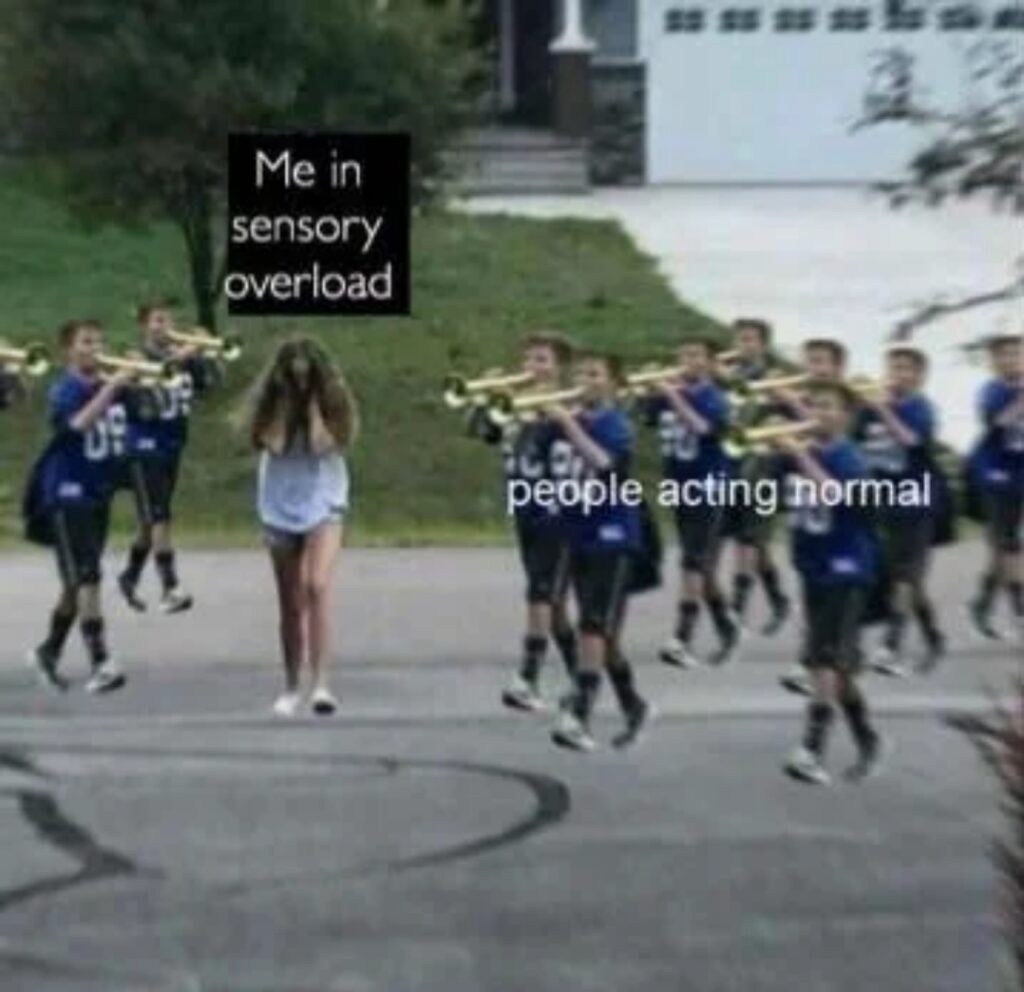
Anything else, sir?
Knowing I have quite specific requirements that have conferred shame and I’ve done my very best to mask, I’ve overcompensated by trying to accommodate others, however I can and seizing every chance, people-pleasing all the way, completely shutting down in the midst of conflict or disagreement, and not advocating for myself, stating my opinions or needs, or acting with confidence. It’s an inconveniently binary approach, though, with equally binary results. My default is to keep my distance (especially if there’s even a whiff of potential rejection in the air), which is naturally reflexive and compounds itself.
A pointed quest for approval can reach uncharted territory, and can pave the way to a nexus of terrible boundaries and decisions, for which I am fully accountable, but have left me vulnerable to manipulation in the distant past and I have even, at times, caused undeserved, significant and even irreversible damage in personal relationships with those very dear and good to me, which I have had awful trouble coming to terms with, and on which I continue to fixate and ruminate every day.
Having failed with people more times than I can count, I’d find my value, and safety, in autonomous achievement. I was an excellent student, and later was becoming an excellent endurance athlete before my extreme attitude towards conditioning rapidly aged me into a very early retirement. I sunk into quite a long spell of depression once that came to an end. Nowadays I’m a competent photorealistic artist, and – apologies if this shatters an illusion for you – based not on a shred of talent in my eyes, as I’ve always said. More based on systems and rules, all of which is now in service to and defence of wildlife and its natural environment, which is a satisfying and worthy deployment of any skills I may have…while also “keeping me in midget gems”, so to speak.
The older I become, the more sure I am that I’m no more capable than anyone else – if anything, I feel much less capable than most – I just centred my attention on a narrow gauge of interests and priorities, whilst also distracted by small details in the dustiest corners of life that many people skim past, as they sensibly seek a healthy balance based on instincts most of us are born with. My “full focus” mode is often too narrow to enjoy any wholesome rewards. I usually just burn a big hole in the whole thing instead.
The most resounding and unexpected kinship I’ve enjoyed is through having read similar stories, seeing links I’d never noticed before, throwing my head back and guffawing at the immaculate fit and perfection of curious memories of my own, which I had just written off as owed to the woolly mysteries of the mind, awakened to the now blindingly obvious signs, while never having mentioned some of them to anyone.
Prior to all the above behaviours, the best/funniest I can recall is long ago in my early years, having to teach myself the “alternating arm counterbalance back and forth” movement while walking. It really didn’t come naturally for a while, and it’s one of a litany of behaviours whose origin I’ve been compelled to re-think. I knew if I didn’t learn it, ridicule at school might intensify with age. Eventually it became second nature like so much else, but it wasn’t for a while. This is my earliest memory of “masking”, a behaviour employed to hide neurodiversity and fit in with society.
The most embarrassing memory? Hoping to get a decent grade in my English GCSE, picking up a big dictionary and starting at the beginning, to…learn, all, the, words. 😶 I’d missed the point that English had everything to do with writing style, cohesion and substance, and not so much an impossibly vast and esoteric vocabulary. My mum witnessed this activity and, fittingly, stopped me just after I’d reached “abort”.
All symptoms have become more pronounced as I’ve grown more aware of them, as if the very assumption I was neurotypical bolstered the subconscious mask. This aftermath flare-up is evidently another common thing. I’m told I’m in a years-long “burnout” from several factors I’ve resisted, and from having masked, for so long, and ideally need several months of zero responsibility. Too bad real life is unavoidable! So I shuffle forwards, and give myself little oases of space, time and silence when I can.
It feels like my head has been in a clamp for as long as I can remember. On some days I’ve not been able to look past the next hour of my life, seeing no point in planning anything, barely able to get out of bed, moving around very slowly, and sporting a most absent expression I’d do all I can not to hold in public. But then there are plenty of better days, and all I can do is observe the ebbs and flows.
Time and again, I’m tempted to fantasise how much more I could have achieved by now (if I must treat that as my main goal), had I been less productive and been able to “network” better – something whose value I’d ignored by partly denouncing it as “idle chatter” – and not squander countless hours safeguarding myself and loved ones against highly unlikely catastrophe. However, we are who we are, and I now accept whatever brought me here, neurological disorder or not. There’s no other way!
Back to my initial ill education and reading…as I started to immerse myself in a world of hopefully like-minded people, my skepticism was rising. I found myself even vexed by people referring to their “wiring” and how different it all is for them. And each sufferer’s plight unique again from the next! How could the rest of the world possibly keep up with all these needs, even if they cared enough?
It sounded to me like a badge, a shield or even a behavioural pass, just for the sake of being able to use it. From a comfortable background and upbringing, and as a white, heterosexual male with no social or ethnic hardship, to dare start doing the same would feel like an indulgence, and especially convenient as autism seemed to be “trending” (the truer and more positive outlook is that it is rightly gaining more standing in a public forum). After all, I was still fastened to “Parent” notions that my sky-high levels of compliance had me prioritise for life: behave, seen and not heard, stiff upper lip, get on with it.
However, the deeper my understanding became, I started to stitch together all the different tales I’d read, and relate it to my art career, of all things. As I’m a long-term advocate of an imbalanced industry collectively upholding all its purveyors rather than have them compete, so too do I understand the inclination (and duty) of the autistic community as a whole to normalise, and vocalise, a still-misunderstood neurological condition. Failure to do so under-serves the community itself (hence this post, whatever good it may do). Even I, intoxicated by years of ableist ideas, needed a little grace period to overturn the notion that autism is bad, and should be “cured”. It can’t be, it’s fundamental and inseparable from who we are, it defines our outlook, and majority recognition of that without stigma will one day go an awfully long way.
Talk of accepting diversity in all its forms seems often to omit neurodiversity. The world at large sadly remains committed to misunderstanding it. This has far-reaching implications – exponentially worse than for the likes of me, for women, people of colour, and LGBTQIA+, about which I manifestly can’t write with any more depth or authority than others already have.
“You don’t look autistic!”
“Everyone has a little bit of autism!”
“You’re ‘high functioning’, you’re fine!”
“Why are you using a disabled spot!?”
I forgive all that, and indeed any ignorance surrounding autism. I had plenty (which I hasten to add is not the direct reason to forgive). I’m also acutely aware of how much a hypocrite I could be, only fully investing in whatever has suddenly started mattering to me, but I suppose that’s a little of human nature. However, regardless of what the outside world believes, the only potential experts here are those who actually live it. No art judging panel or magazine will be able to fully describe, instruct or reflect upon most people’s career in art, just by writing about it. Nor will bad or incomplete research into autism (much of it frighteningly recent) dictate who is or isn’t autistic, what indeed it’s like, or which spoke of the neurological wheel of fortune is a more favourable one to sit on than the rest.
My parents orbited the topic of my having Asperger’s Syndrome (as my form of it was then known) around 20 years ago, but chose not to pursue it, as to them, it didn’t seem accurate enough for me. I defend this decision. As helpful as it’s tempting to think an earlier realisation might have been, I definitely wouldn’t have lived well with the label at the time, nor would I have benefitted much from the level of knowledge available, even in 2003.
The spectrum is not one of intensity – people don’t necessarily sit at the “low” or “high” end – it’s a buffet of wildly different traits and, bluntly speaking and if official diagnosis is unavailable, the more traits that fall under the collective umbrella that signposts autism, the higher the likelihood a person suffers from it.
Update, 11th December 2023:
I’ve just had my official autism assessment. I am deemed to fulfil the DSM-5 criteria for ASD, with comorbid depression and anxiety. I knew it was the case, so I absolutely didn’t need this diagnosis, save for some workplace accommodations and protections, which I may need if heading back to a more “standard” employment setting any time soon.
Paired with the diagnosis is a long, long laundry list of associated cognitive and functional behaviours, many of which were top-of-mind, but some of whose severity or importance I’d overlooked. It’s a very useful jump-off point, and I’m looking forward to getting into a couple of helpful resources once I’m shown them.
Also…it’s nice to see buried any smidge of doubt I (or anybody else) had. It’s firmly signed and stamped by a qualified diagnostician, and I can look forward asking only the right questions now 🙂
Digestion
I’ve had half a lifetime of avoidance of people, of unexpected twists and turns in conversation, conflict, of unwanted noise, crowds, lights, of peculiar instructions, of obscure or lacking rules, and of opportunities, a sense of independence repeatedly stripped away, and with lots of bids for true connection having died on the vine. Meanwhile, all the books I’d ever read in quiet desperation on social anxiety, communication skills and negative thinking patterns followed a framework I had no idea wasn’t strictly designed for everyone. Neurodiversity conducts a fixed, infantilising heist on my attention and reserves, and leaves me feeling odd, largely unreachable and so, so tired and old.
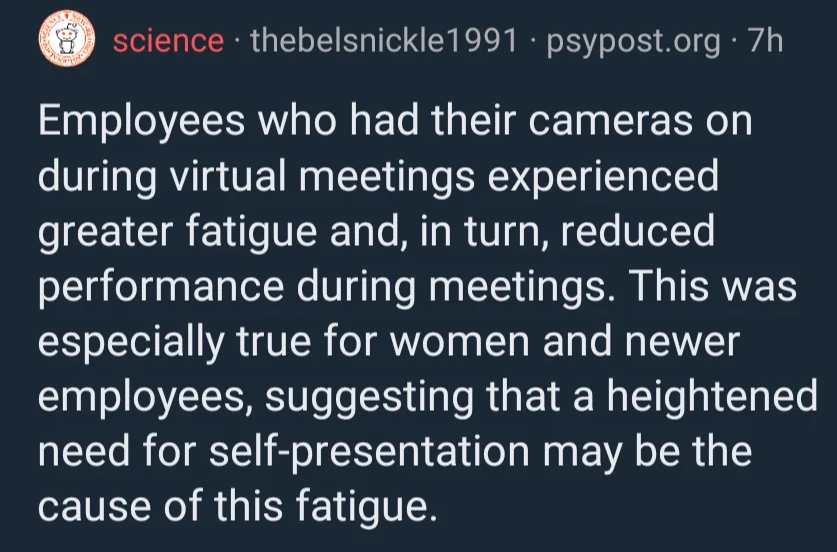
Meanwhile, I could come across to you as anything from bored, aloof or attention-seeking, to contrarian or obsequious, high-maintenance, snappy or downright rude. My path to self-advocacy and -acceptance has been chronically beset with compensatory strategies, jarring confusion and even reckless actions at others’ great expense. I have a sidecar of behaviours pairing very well with flawed, melodramatic-sounding, black-and-white presumptions about myself; I don’t belong anywhere, nobody understands me, I’ll never succeed in life, I won’t enjoy the full rainbow of human experience, I’m devoid of empathy (an almost resounding fallacy about autism on which I was briefly sold), and so much energy must be invested in hiding the real Alex and all his foibles, laced front to back with a heavy helping of shame.
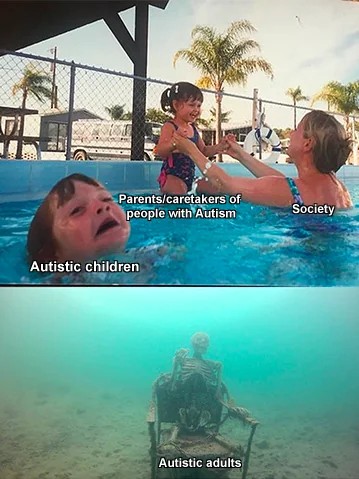
(👆 This is intended to be taken as humorous! 😂)
My dad was diagnosed with Multiple Sclerosis around the time I was born. I also decided to internalise this as a teen, worrying for years that his disease could somehow be my fault. Everything was fine until I came along! So on top of all the negative thoughts shuffling themselves around, in the rare silence of my mind I might also ask “Am I poison, and a fundamentally bad person? Perhaps.” So bad that I could review a choice to have not had children as impeccably astute, as whatever beliefs, values, approaches and preferences my life is underwritten by should never be passed down. This leads me back to a very important point…
It’s often said to “love yourself first”, before you seek the love or esteem of anyone around you. I curse how long it’s taken me to appreciate and understand this seemingly cloying maxim, but, especially given recent revelations, it’s one that must at least be predicated upon the principle of knowing oneself first and foremost. On my own website, with full editorial control, I still won’t try to rationalise or condone my lack of self-awareness, for the unfair and ill effects to which it has led. That’s been nobody’s responsibility for years but mine, and I’ve partly shirked it, but I’m grateful for the chance to finally assess and challenge the illusion that the world was designed for me, and to set about designing one based on my own needs instead.
Much of this post misdirects; there are positives to autism. I’ve found satisfaction, contentment and joy several times explicitly because of the type of person I am, and maybe in years to come I’ll have grown enough from my discovery to appreciate all this in a new way. I still believe I’m just scratching the surface, and amid all life’s regular (and irregular) problems, conundrums, stresses and more, I hope I can dig deeper still, in honour of myself and of anyone to whom I relate in future. For now, as I would no doubt be reminded by a lady I saw for a little counselling, I can’t fight my neurology, and I’ve always tried to do the best I can with the tools I have. Now I’m building a collection of sharper ones more fit for the task. How I approach today is really the only thing left under my control, and it is absolutely enough.
I’ve of course learned not to expect anyone to treat all this as weightily as I experienced it, especially as the condition is still so misunderstood, and we all have our little cocktail of problems don’t we. In a world where some impossibly unfortunate people are putting their babies in nearby cardboard boxes for the day, so they can earn next to no money mining the cobalt that goes into the very kind of device on which this blog post is being typed, obviously, I’m far from badly off in the scheme of things.
This is absolutely not a pity party; in time I hope I’d look back on it as a celebration. It’s also not incumbent upon the world nearby to mould itself entirely to unusual needs, just hopefully to acknowledge and understand them a touch more one day, and as much as to highlight my responsibility to build a “neurodiverse starter kit” for myself. I can already appraise each of life’s knotty scenarios anew, know I’ve probably been there before, and try to make the next steps smoother not only for myself, but for everyone else too.
Thank you for having read all of this. You’ve done so of your own accord, and I greatly appreciate and love you for it. Quite a bit to take in if you’re as unschooled as I was of late, but I’m unsure if I’ll write about it again, perhaps just tweaking this over time as more salient information arises, the curve gradually flattens out with perspective and experience, and I get to see a little more of the horizon.
Signing off
I’m slowly eliminating some things as time unfolds, but if I’m not as contactable and swiftly responsive as I’d once pride myself on being, I promise it’s no reflection on anything but my own need for a healthy balance, routine and stability.
Whoever you are, I hope you get to know your authentic self, accept it, and in general, I very, very much hope you have a long future of good health and genuine happiness.
With special thanks to Chelsea Gregory, Una Chadwick and Devon Price. To everyone else: a sincere and poignant thanks for ever having put up with me.
[If any of this article resonates with you on a personal level, there are steps you can pursue: a quick, loose indicator is the AQ50 test. Use this, and others (eg EQ and RAADS-R) as a basis for further reading and assistance. It may then be worth seeking an official diagnosis, although it isn’t always completely necessary (or sadly even available to many). If you live in England, you can follow the steps at Psychiatry UK for a referral within a year.]




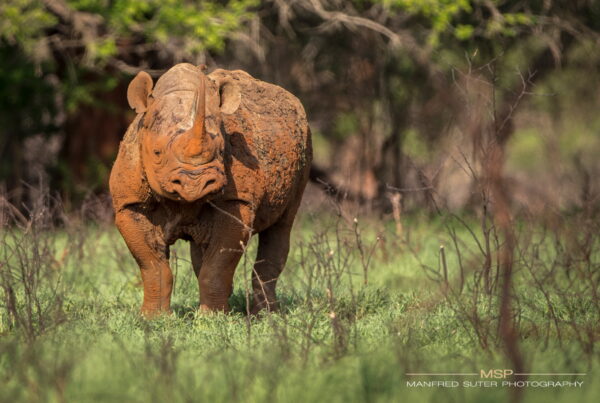
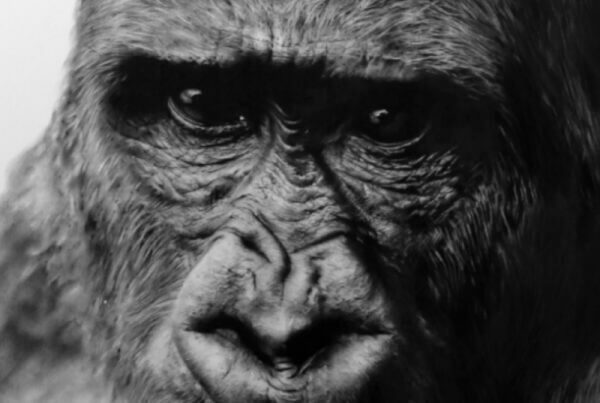
A very interesting read , Take care Alex I v alway thought you were a lovely lad Eve x
Thanks for sharing Alex. Deeply profound…..
I’ve been following your art. Amazing!!
My faith in God has for thenlast 20 years or so been my anchor navigating through life….
I pray peace and comfort🙏
You are unique & such a beautifully special person Alex. Thank you so very much for sharing such a personal story & opening the door to whomever were interested in learning more. It was an incredible read. Take care x
Thank you for sharing-it must have taken a lot to write this. Articulate and engaging as ever though and I’m sure it will give anyone living with neurodiversity (or supporting someone with the same) a lot of insight and comfort!
Alex putting this in your blog, helps spread awareness by you documenting your journey. You’ll be taking your time to explore yourself in this new context, I know that. Also I know I’m repeating what you previously said, but thinking back on your own experiences with autism in the past helps you and us understand it better. It looks like you have already begun to do this: get in touch with a welcoming group of people who give support. Keep a healthy pace while you explore your inner self. Recognise and appreciate your best qualities, as you have many, many and many more of them. Thank you
I just want to thank you for sharing your journey with all of us. As the person before me wrote – keep a healthy pace and appreciate your best qualities.
I am in awe of your talents. You are special. Take care.
Thanks so much for sharing. Been missing your posts on Instagram so I came here to see what you were up to. It sounds like a lot to deal with. Hope you’re still creating and enjoying the art, Laura ❤️ 😊
Ah thank you so much Laura! And likewise. Going “off grid” at least for a while has been quite a nice change of pace. I’m really touched that you reached out this way. Hope you’ve had a lovely summer! 🙂
Blimey Alex…. what a read, thanks for sharing your experience. Lovely to read your newsletter this morning, really lookforward to receiving them and seeing your fabulous work.